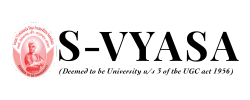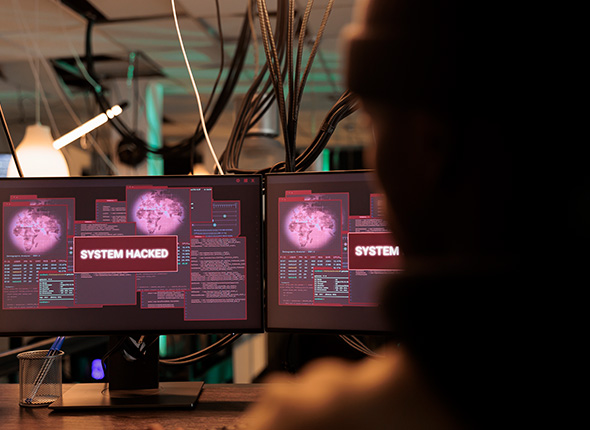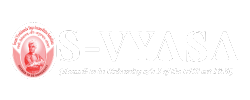MCA
March 17, 2024 2024-08-18 15:37MCA
Master
Real-World Tech Skills
with MCA from S-VYASA
Merge Cutting-Edge Technology with
Holistic Development & Paid Internships
Enquiry Form

Forget the same-old MCA.
Welcome to the future!
Begin your dream career with a paid internship that lets you level up while you learn.
Programme
Overview

The Master of Computer Applications (MCA) programme is a two-year postgraduate course designed to cultivate a comprehensive understanding of computer software development's theoretical foundations and practical applications within the IT industry. This intensive programme, structured across four semesters, equips graduates with a robust knowledge base and practical skillset relevant to the ever-evolving technological landscape. Graduates of the MCA programme emerge well-positioned for diverse, high-demand roles such as software developer, systems analyst, software consultant, database administrator and web application developer. The programme's emphasis on in-depth computer science principles and their practical applications prepare students for success in various technical, analytical and strategic positions within technology-driven industries. This makes the MCA programme highly valuable in fields requiring a profound understanding of computing and its applications.
Admission
Eligibility
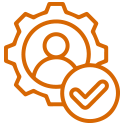
Candidates who have completed three years of Bachelor’s degree in BCA or BSc Computer Science from any recognised university under the UGC or equivalent from any foreign university are eligible for admission.
Hostel Facilities & Transportation Available
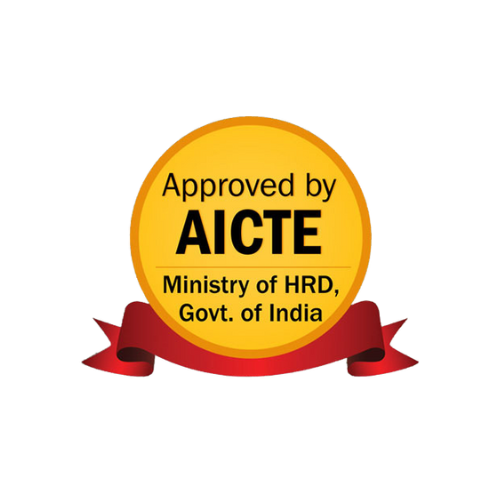
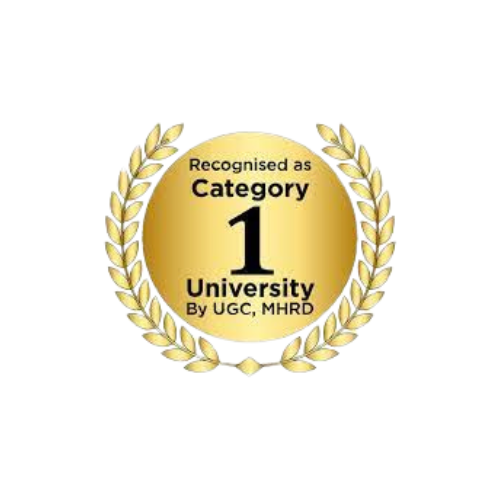
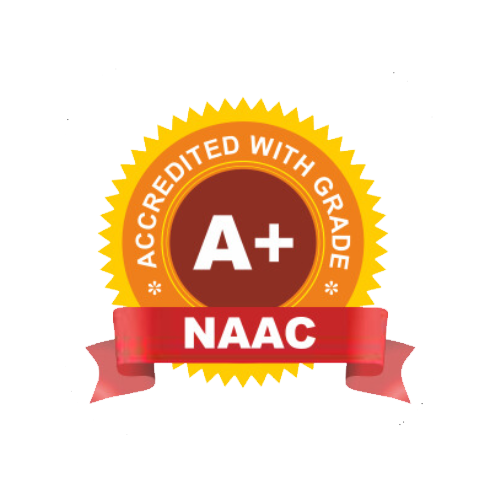
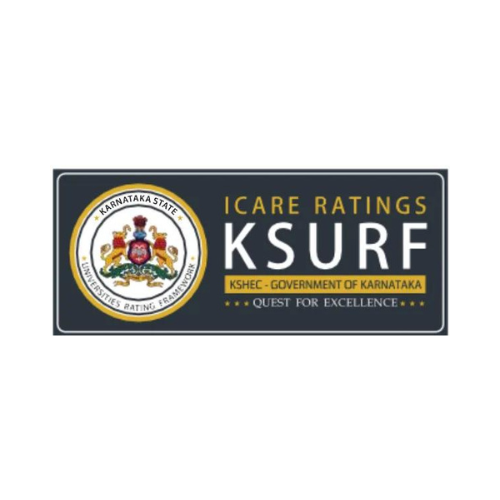
Curriculum and Programme Inclusions
MCA with specialisation consists of four semesters spread over two years. The curriculum is designed to provide a balanced mix of theoretical knowledge and practical skills. Some of the key subjects covered in the curriculum include:
INTEGRATED
GLOBAL CERTIFICATION
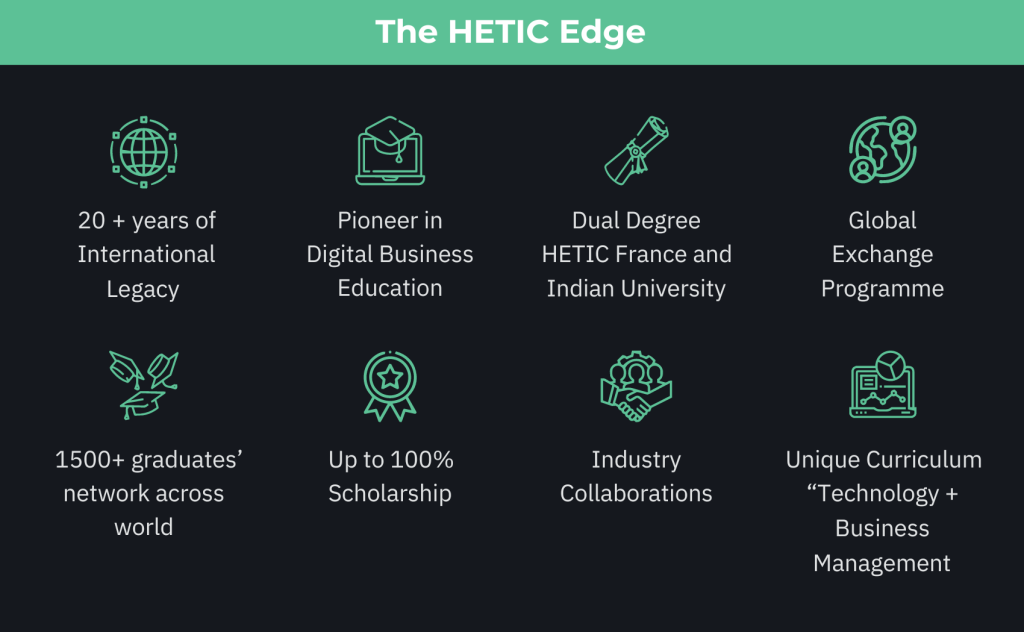
HETIC School of Digital Leadership, part of the Galileo Group in Paris since 2002, has been at the forefront of developing management programs in the digital field for over 20 years. Sensing the future impact of the digital sector, HETIC created a unique curriculum that seamlessly blends technical, design, and business aspects, preparing students to lead organizations through digital transformation. The institute produces future leaders and managers equipped to thrive and grow in a dynamically changing digital landscape.
* 98% of HETIC students are hired before the end of their studies
LEARNING AND CERTIFICATION
FROM PARTNERS





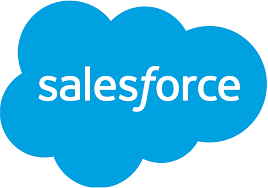




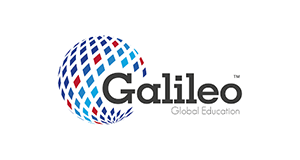

*Certifications and Learning Masterclasses from Integration of Coursera Learning Network and our Partner Collaborators
MCA Specialisations
List of companies where MCA students
with specialisation are placed
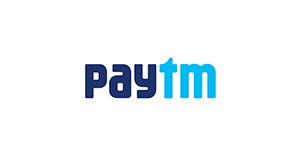








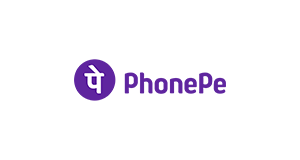





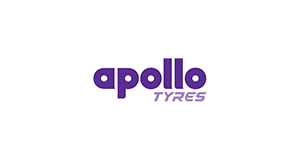




Programme Highlights
The programme offers a well-rounded curriculum covering core subjects such as core technologies, programming, data structures, algorithms, database management systems, computer networks, software engineering and web development. There are 5 (five) specialisations under Major and Minor options for students to choose from within the MCA Programme.
Hands-on Learning
Innovative Pedagogical Practices
Globally Acclaimed Certifications and Faculty
Industry-Relevant Skills through industry certifications
Industry and Academia Collaboration
Holistic Development
Projects and Internships
Professional Development
Global Perspective
Programme Outcomes
Demonstrate a comprehensive understanding of fundamental principles, theories and concepts in their chosen technology discipline and interdisciplinary knowledge relevant to technology practice.
Apply skills to identify, formulate and solve complex technology problems using critical thinking, analytical reasoning and innovative approaches by applying mathematical and scientific principles to technology solutions.
Demonstrate ability to design, analyse and implement technology systems, components, or processes to meet specified requirements, considering factors such as safety, sustainability, ethics and economic constraints.
Analyse use of modern technology tools, software and technologies relevant to their field of study and be adept at utilising computer-aided tools, simulation, modelling and analysis tools for technology design and analysis.
Develop hands-on experience in conducting experiments, collecting data, analysing results and drawing conclusions in laboratory and field settings. They would be competent in using laboratory equipment, instrumentation and
techniques applicable to their discipline.
Communicate effectively, both orally and in writing, with technical and non-technical audiences, prepare clear and concise technical reports, presentations and documentation and of collaborating with multidisciplinary teams.
Demonstrate the ability to work collaboratively as part of a team, including effective communication, coordination and conflict resolution skills, align with
exhibiting leadership qualities, such as initiative, accountability and the ability to motivate and inspire others.
Adhere to ethical principles and professional standards in their technology practice, demonstrating integrity, honesty and respect for diversity and understand the social, cultural, environmental and global impact of engineering solutions and strive to uphold ethical conduct in their professional activities.
Recognise the importance of lifelong learning and professional development in maintaining currency with technological advances, industry trends and
emerging best practices, engage in continuous self-improvement, pursue further education and seek career advancement and specialisation opportunities.
Recognise their role and responsibility as technocrats in addressing societal challenges and promoting sustainable development and be able to consider the social, environmental and economic implications of their technology decisions and strive to contribute positively to society and the environment through their work.
Career Opportunities
Software Developer/ Engineer
Data Scientist/ Data Analyst
Database Administrator/ Database Architect
System Analyst
Network Administrator / Network Engineer
Cybersecurity Analyst
Technical Support Engineer
Quality Assurance Analyst
Project Manager
Project Manager Entrepreneur
Web Developer
Mobile Application Developer
Cloud Engineer/ DevOps Engineer
AI/Machine Learning Engineer
Penetration Tester
Game Developer
Fee Structure 2024-2025
| COURSE | SEM I | SEM II | SEM III | SEM IV |
|---|---|---|---|---|
| MCA Cloud Computing and DevOps | 100000 | 100000 | 100000 | 100000 |
| MCA Cybersecurity, Ethical Hacking and Cyber Forensics | 100000 | 100000 | 100000 | 100000 |
| MCA Artificial Intelligence, Machine Learning and Data Science | 100000 | 100000 | 100000 | 100000 |
| MCA Data Science and Big Data Analytics | 100000 | 100000 | 100000 | 100000 |
| MCA Data Science and Internet of Things | 100000 | 100000 | 100000 | 100000 |
